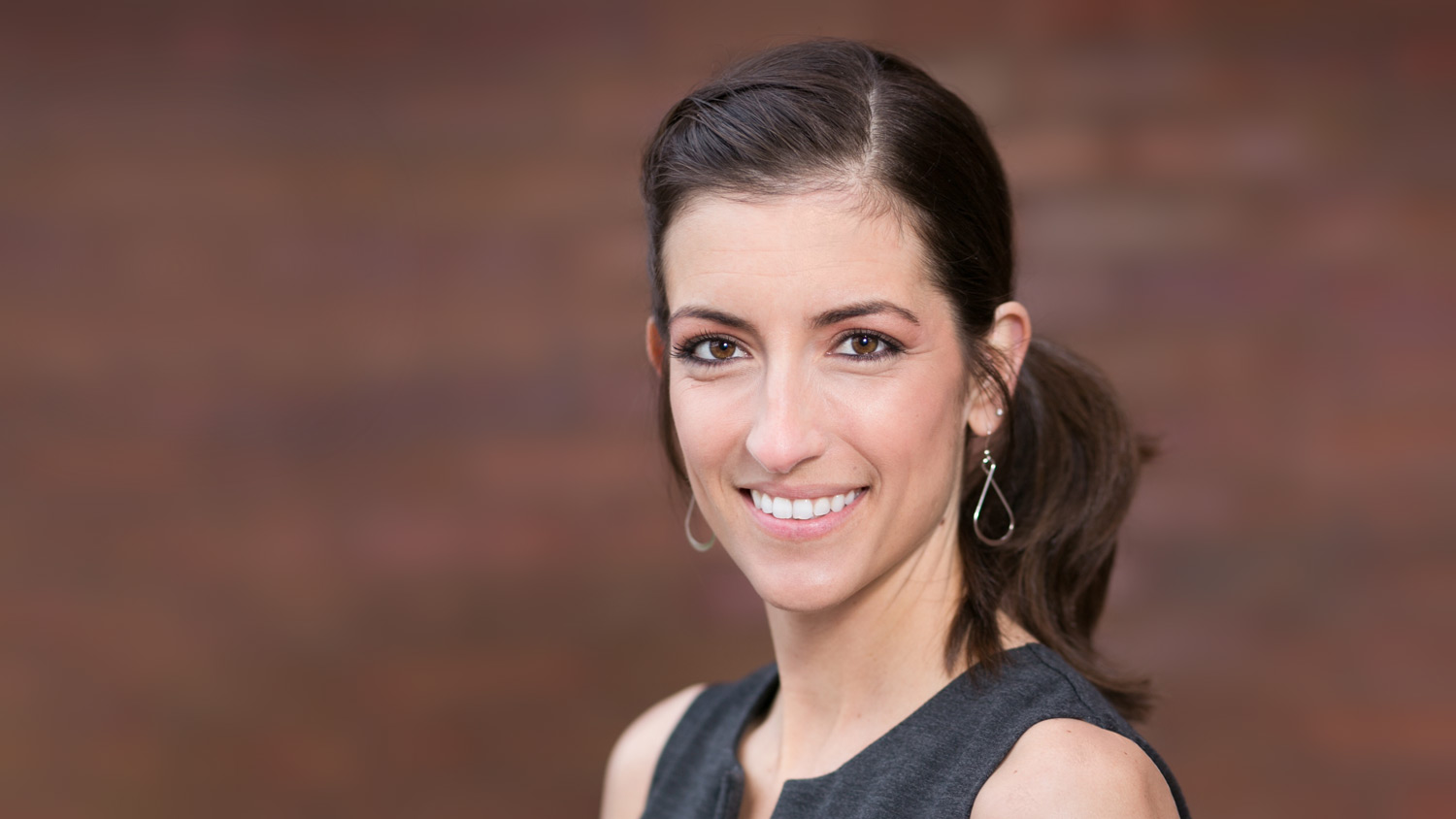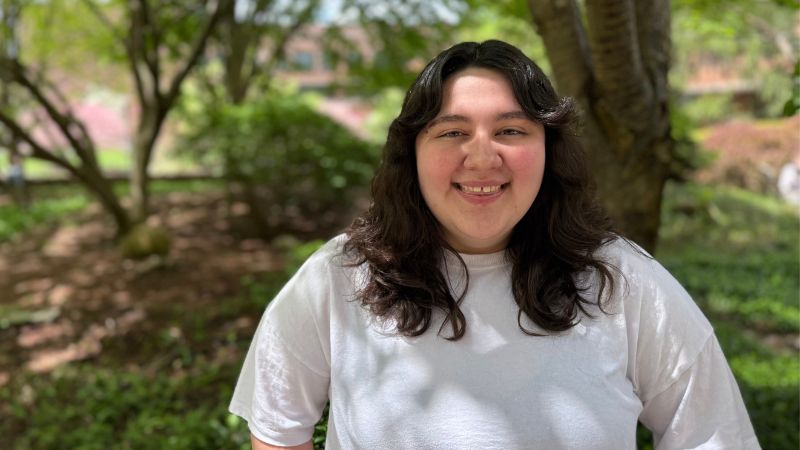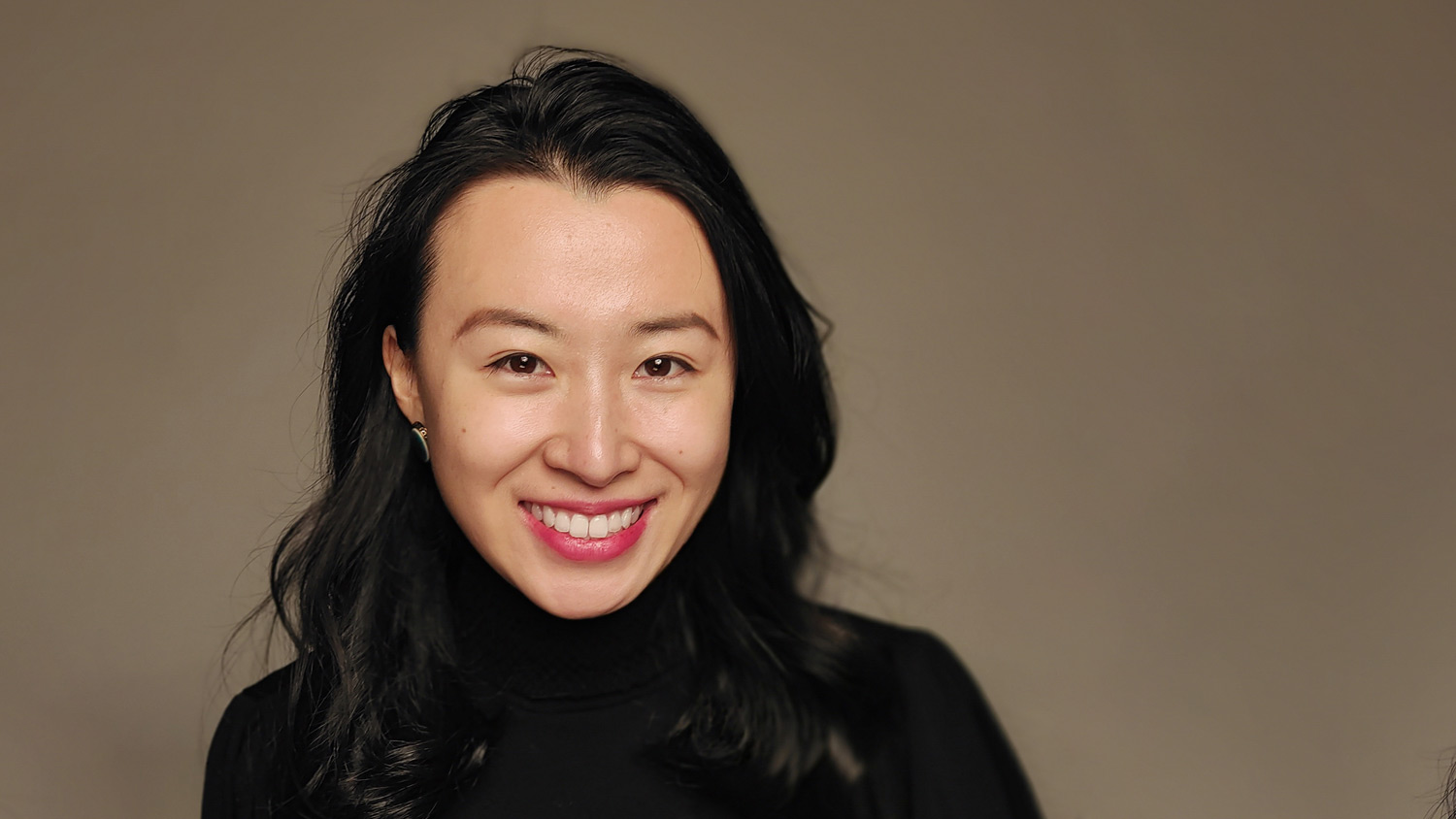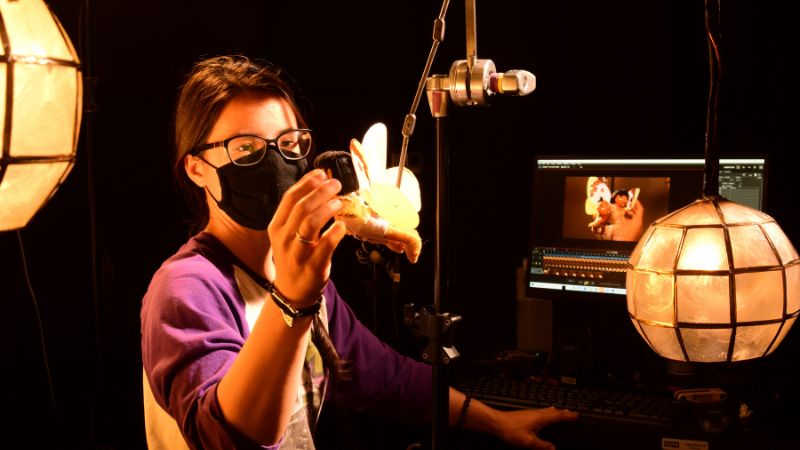Philosophy Grad Makes Positive Impact with a Career in Teaching
“No matter what subject you teach, you are helping the future of our entire nation. The nation may rest in the hands of the future generations, but those future generations are resting on our shoulders.”
— James Jones, philosophy BS, communication minor, psychology immersion ‘23, RIT; adolescent education MS ‘24, University of Rochester; Teacher, AP Language and AP Literature, East High School, Rochester, NY.
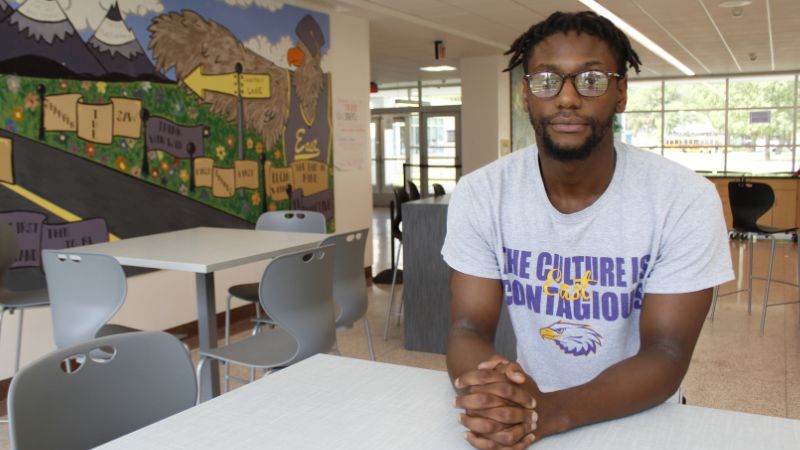
James Jones was in high school himself when he first realized that he wanted to become a teacher. Now, after completing his bachelor’s degree at RIT and a master’s degree at University of Rochester, he teaches full time at Rochester’s East High School.
Critical thinking, communication, and the ability to work with people from differing cultures and backgrounds are skills James says he strengthened while studying philosophy, communication, and psychology at RIT. Here he offers insights and advice for other students who are considering following his path.
How do the skills you learned at RIT—like communication, critical thinking, cross cultural collaboration— help you in your work today as a teacher?
I took a course with Dr. Evelyn Brister that had all students identify and mitigate their biases. In this course, I wrote a piece on the injustices George Floyd faced during the height of the Black Lives Matter movement, the biases that went into place convicting the police officers involved, and the racial biases bystanders had. This aided me in realizing that I, myself, have plenty of biases that need to be addressed and mitigated.
I took another course called Rhetoric of Race Relations with Dr. Keith Jenkins. In this course, we analyzed the rhetoric used by people of color and people not of color when it came to race and culture. This course was an extremely eye-opening experience because it demonstrated just how ingrained racism is in our country and society. However, it was not damning to my motivation to teach; if anything, taking this course motivated me more to make a difference for my own community.
These two courses impacted the way I view urban students. Although I am a Black man, born and raised in Rochester, I still had biases walking in to teach urban students a year ago. These biases made me believe that these kids needed to be saved. And, I was extremely wrong about that. These students do not need to be saved from their communities and society, they just need the resources to make their decisions and build their own lives. I am not a savior; I am just a guide. Yes, these children need all the help they can get, but we do not need to save them from themselves or their community.
What do you love about teaching? Why did you feel it was the right path for you?
I love that there is never a dull moment working at a city school. Each and every day the students bring in their personalities and light up my day. I also love to give out wisdom. Although I am an English teacher, I try to advise students the best that I can through the knowledge I gained as a philosophy student.
Learning various forms of moral and political philosophies has given me the wisdom to at least help my students think about situations differently. Helping students realize that there is more than one way of thinking about something is really one of the highlights of my day. Those eureka moments when students finally realize they are on the right track on an essay or other form of work is an amazing feeling.
Another thing I love about being a teacher is that this is the first job where my co-workers actually cared about my well-being. There was a time when my girlfriend and I were going through an extremely rough time last year. My then-mentor talked me through my feelings and consoled me when he did not have to. Working as a Black male in various different jobs made me skeptical about the way people viewed me. Those prior jobs made me think that people only cared about me because I was only wanted for my labor, not my well-being. Here at East, all my co-workers genuinely care about my well-being. There are plenty of teachers who gave me a huge wealth of advice to stay positive and afloat as a first-year teacher.
Lastly, I always knew I wanted to be an English teacher. Ever since the 10th grade reading Frankenstein, I knew I wanted to spread wisdom through language and literature and help others obtain and spread wisdom the same way. Becoming a philosophy major made me realize that some of the best ways to learn is through dialogue.
What advice would you give to current RIT students who are thinking of going into education and becoming a teacher?
The advice I would give RIT students going into education is to remember that you are only paid for the time you are in the school building! Do not take your work home with you. Leave work at work and home at home. You can quickly get overwhelmed and lose yourself if you only think about work. Although being a teacher is an all-day, everyday profession in terms of things like grading, making lessons, community outreach, and more, do not lose yourself. Your identity is not you being a teacher. You are much much more than just a teacher. Don’t lose who you are trying to be a savior.
Secondly, just because you would not be tenured for at least 3 years after you start your first teaching job, do not let anyone walk over you. Stand up to people, but professionally of course. Make sure everything is in writing or email no matter if it is with students, parents, other teachers, or administration.
Lastly, do not let anyone tell you that being a teacher is an easy job. Know your worth as an educator. No matter what subject you teach, you are helping the future of our entire nation. The nation may rest in the hands of the future generations, but those future generations are resting on our shoulders.









